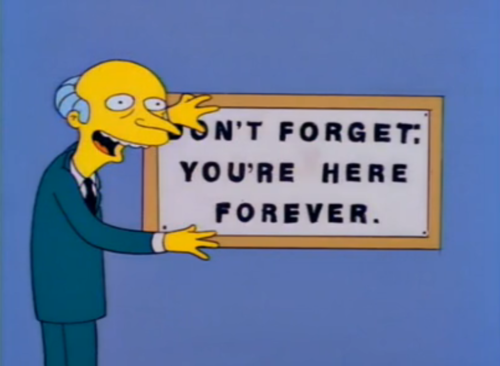- Joined
- Oct 13, 2008
- Messages
- 4,135
- Reaction score
- 7,919
So there's probably a big difference between intellectual aptitude required to get a Ph.D. in physics versus a Ph.D. in biology. I'm not going to dismiss medical training, but it's true that most of our training focuses on memorization with not much emphasis on critical thinking. That might explain why doctors make such disappointing politicians.
I agree that pay is arbitrary, and whoever makes more money is probably going to find a way to convince themselves that that's how it should be. However, the stuff that we do is different -- we're on call overnight, we could make a mistake that might result in someone dying, we train for a really, really long time in a manner that's different and potentially more miserable (maybe depending on who you ask) than getting a Ph.D.. My husband's a software developer, and he spends most of his work life thinking about things and solving problems without a lot of other administrative/interpersonal stuff. I find myself feeling jealous of that and sometimes thinking I'd take less money to have a job with more intellectual freedom.
Yeah, it is certainly a very different set of challenges, and I can totally see why in some ways being a tenured professor at an R1 university is totally a better gig. Thing is, for a significant majority of new PhDs, this is not their ultimate fate. Tenure these days is winning the lottery. Sweet if it happens to you, but not a great thing to pin your hopes on.

